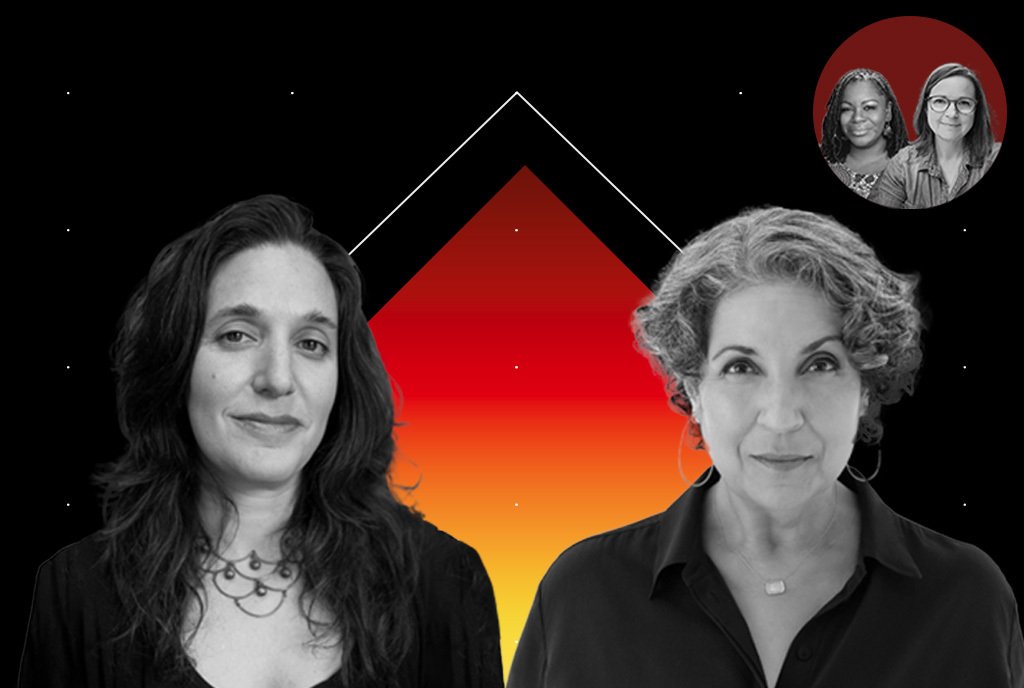![]()
August 27, 2018; WIRED
Y Combinator’s study on guaranteed income continues to hit snags. The program, announced in 2016, hopes to begin in earnest in early to mid-2019 with 3,000 participants, a massive expansion from the 100 families from the original pilot design that underwhelmed in 2017. The participants will be split into two groups. One thousand participants will receive $1,000 per month, no strings attached, while the remaining two thousand participants will receive $50 per month.
University of Michigan’s Survey Research Center is working with Y Combinator to manage the study. The center will recruit and screen potential participants, followed by baseline interviews. The participants will be observed and their behavior tracked throughout the duration of the study in order to see what impact, if any, a guaranteed income has on its recipients.
Titled “Making Ends Meet,” the five-year study will not begin until it is fully funded, which is causing some delays. The program ran into further slowdowns not often seen in the tech world. It needed approval from the institutional review boards of its academic partners at Stanford and the University of Michigan. Additionally, Y Combinator needed to make sure that the recipients of funding would not be penalized by the IRS or become ineligible for other state and federal benefits. Not only would that be disastrous for the participants in the program, it would also complicate any results the group study hopes to find.
Sign up for our free newsletters
Subscribe to NPQ's newsletters to have our top stories delivered directly to your inbox.
By signing up, you agree to our privacy policy and terms of use, and to receive messages from NPQ and our partners.
As Universal Basic Income (UBI) gains traction in the national discourse, studies like this hope to provide hard evidence in favor of or against UBI. Researchers will compare the outcomes of participants in the treatment group (those receiving $1,000) to the outcomes of those in the control group (the participants receiving $50). Advocates for UBI suggest that having this guaranteed, no-strings-attached income will help lift people out of poverty. As Stockton, California is trying a similar program, albeit on a smaller scale, there will be at least two experimental studies that policy makers and advocates can point to within the next decade.
There are naturally some limitations to studies like this. The biggest being that these are merely guaranteed income programs for small subsets of the population, not universal basic income. The macroeconomic effects of UBI on the greater economy will necessarily be missing from the results of these programs. A working paper published earlier this year shows that a program in Alaska that provides dividends from oil royalties to all Alaska residents—the payments vary year by year, but effectively, this works out to a de facto UBI that has provided annual payments to residents since 1982; last year’s payment was $1,100 per every man, woman and child— was a positive force for the economy. The results of these studies will have the advantage, though, of finding out what impact a guaranteed income has on a family’s well-being, something that the Alaska study could not do, although the results there are, again, promising.
Y Combinator’s hiccups simply in studying UBI are a lesson in what it will take to pull it off on a larger scale. Factors like existing benefits eligibility need to be considered when setting thresholds for recipients. Add in tax implications and the costs of transferring money to recipients, and no matter how good UBI may be for its recipients, it is far from a sure thing. Still, all the results thus far point to a promising future.
One final thing worth considering: Nonprofits are uniquely positioned to facilitate these programs, and they are not at the mercy of federal funding in the way that other social safety nets are. While this necessarily limits the pool of funds and comes with its own political implications, a nonprofit’s mission is typically independent of elected officials. This allows for greater continuity and a much longer scope. It would be truly terrible for beneficiaries of UBI to make long-term plans assuming its availability, only to have it taken from them because of a regime change.
Stay tuned. There are certainly more studies on the way.—Sean Watterson














